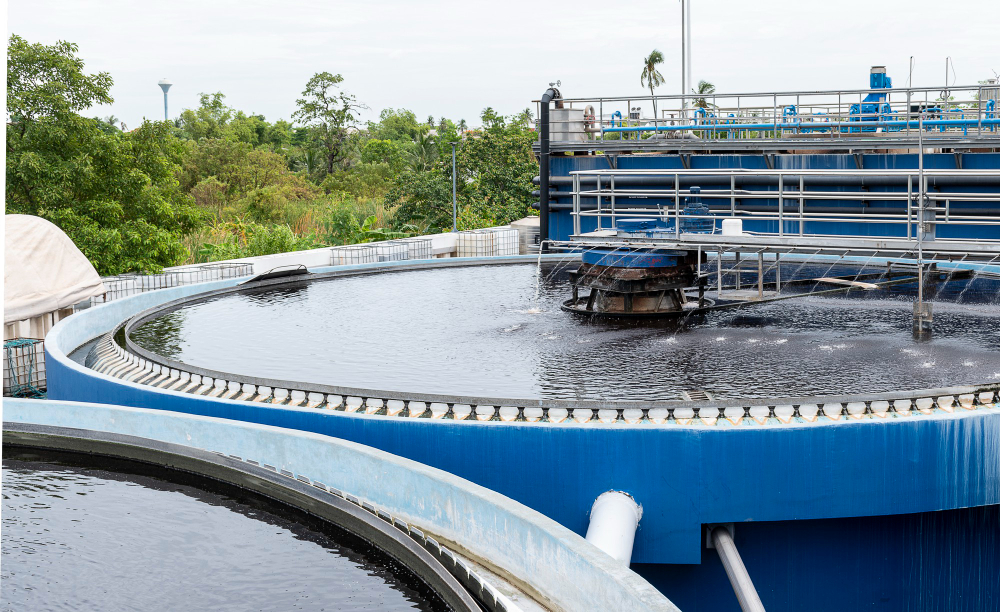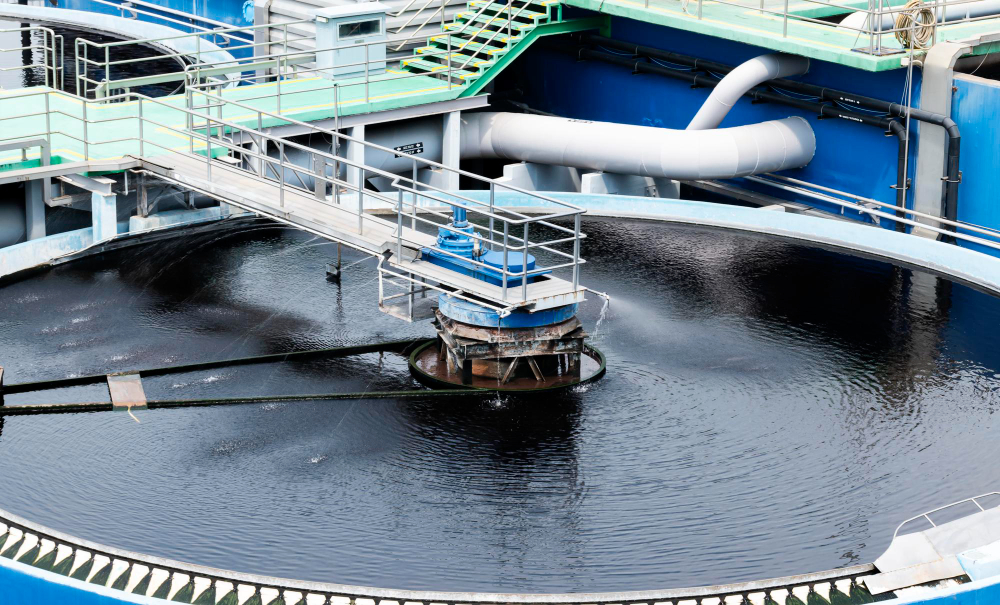Last updated on
Construction sites are notorious for their environmental impact, with water pollution being a significant concern. As the world shifts towards more sustainable practices, eco-friendly construction sites are becoming increasingly prevalent. One crucial aspect of achieving sustainability in construction is efficient water management.
Here is the pivotal role of industrial decanters in mitigating water-related environmental issues on construction sites, and how they contribute to the overall goal of creating greener and more eco-conscious building projects.
Water Reclamation

Water scarcity is a global challenge, and construction sites are notorious water consumers. Industrial decanters contribute to water sustainability by reclaiming and recycling water used in construction processes.
To clean water, an industrial decanter centrifuge employs a high-speed spinning process that separates solid particles from liquid, utilizing the principles of gravitational force and centrifugal acceleration. These machines can separate water from sludge, allowing for the reuse of clean water on-site.
Efficient Sedimentation
Construction sites often generate runoff containing sediments that can contaminate nearby water bodies. Industrial decanters play a vital role in efficient sedimentation. These powerful machines separate solid particles from water, preventing sediment-laden runoff from entering natural water sources.
By investing in industrial decanters, construction sites can significantly reduce their environmental footprint by ensuring that only clean water is released back into the ecosystem.
Preventing Soil Erosion
Industrial decanters aid in preventing soil erosion by separating sediment from water runoff. Soil erosion is a common issue on construction sites due to the disturbance of natural landscapes. By removing sediments before water is discharged, these machines help maintain the integrity of surrounding soils, preventing the loss of fertile topsoil and preserving the natural landscape.
Protecting Aquatic Habitats
Sediments carried by runoff can have detrimental effects on aquatic habitats, smothering riverbeds and disrupting the delicate balance of ecosystems. Industrial decanters act as a barrier against these harmful sediments, ensuring that water released from construction sites is free from contaminants. This protective measure contributes to the health and sustainability of local aquatic environments.
Chemical Treatment

Construction sites often use chemicals for various purposes, from concrete production to site maintenance. Unfortunately, these chemicals can find their way into water bodies, causing pollution and harm to aquatic ecosystems.
Industrial decanters, equipped with advanced chemical treatment capabilities, can effectively remove harmful substances from water. This ensures that discharged water meets stringent environmental standards, safeguarding the health of ecosystems surrounding construction sites.
Compliance with Regulations
Governments and environmental agencies are imposing stricter regulations on construction activities to ensure sustainable practices. Industrial decanters help construction sites stay in compliance with these regulations.
By efficiently treating and managing water, these sites can avoid fines, legal issues, and reputational damage. Implementing industrial decanters as a standard practice demonstrates a commitment to environmental responsibility, which is crucial in an era where sustainable construction practices are gaining importance.
In the pursuit of eco-friendly construction sites, industrial decanters emerge as unsung heroes in water management. Their ability to efficiently handle sedimentation, reclaim water, treat chemicals, and ensure compliance with regulations makes them indispensable tools for sustainable construction.
By integrating these machines into construction processes, you not only contribute to environmental preservation but also position your construction site as a responsible player in the global movement toward a greener and more sustainable future.
Table of Contents




